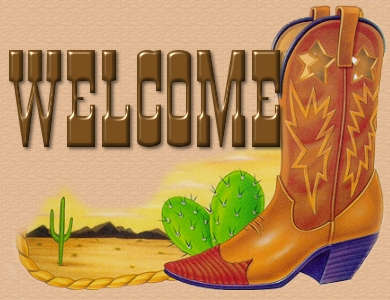"The Harris twins are giving direction to the teens to become productive. By first exploding the teen myth, they inform teens they are capable of much more than is usually expected of them and that adults have completely underestimated their talents and abilities."
Here is the article in it's entirety:
HOME-SCHOOLING: Teens challenged to do hard things
What's the first thing that comes to mind when you hear the word "teenager"? For many, it is not positive.
Teenage rebellion has become commonplace, and our culture has responded by expecting less and less of teenagers. But is teenage rebellion inevitable, or are there new ways of thinking that could address the problem? Responsibility for teenage rebellion and underperformance must fall primarily at the feet of parents and other adults. This is because our current expectations for teenagers provide very little challenge.
Alex and Brett Harris, 19-year-old home-schooled twins, are trying to give adults and teens a wake-up call. In their book, "Do Hard Things," they attempt to explode the myth of adolescence. They show that prior to the early 20th century, people were either children or adults. Family and work were the primary occupations of the group we now call "teenagers." Teens, though it was often driven by economic necessity, were given real-world responsibility. Today, few teens are expected to imitate responsible adults, but are rather immersed in a frivolous peer culture.
The Harris twins are not the only writers to question the conventional wisdom about teenagers. Robert Epstein, a longtime researcher in psychology who received his doctorate from Harvard, has exposed the myth of the teen brain in his book, "The Case Against Adolescence: Rediscovering the Adult in Every Teen." He argues against the common belief held in the scientific community that an incompletely developed brain accounts for the emotional problems and irresponsible behavior of many teenagers.
Mr. Epstein shows the differences in the teen brain are the result of social influences, rather than the cause of teen turmoil. He concludes that a careful review of the research shows the teen brain we read about in the headlines — the immature brain that is supposedly the cause of teen problems — is nothing less than a myth.
For example, if the teen brain was really fundamentally different from an adult brain, then we would see similar patterns of teenage rebellion throughout history. We do not. Teens in other cultures, and our own until the early 20th century, held responsible positions and were expected to imitate adults rather than children.
Mr. Epstein says teens are extraordinarily competent, even if they do not normally express that competence. Also, long-standing studies of intelligence, perceptual abilities and memory function show that teens are in many instances far superior to adults.
Mr. Epstein concludes that the peer culture of teens, where they learn virtually everything they know from one another, rather than from people they are about to become, is the cause of the problems we see today. Almost all teens are isolated from adults and wrongly treated like children.
What is the solution? When teens are treated like adults, they almost immediately rise to the challenge. Parents must trust their teens by giving them more and more responsibility, accompanied with the proper mentoring. This is a strong admonition to parents and adults to challenge our teens to act more like adults rather than traditional teens.
The Harris twins are giving direction to the teens to become productive. By first exploding the teen myth, they inform teens they are capable of much more than is usually expected of them and that adults have completely underestimated their talents and abilities. They challenge teens to join the "rebelution," which is a revolution against rebellion, and spell out five steps to responsibility for teens.
First, teens should "do hard things" that take them out of their comfort zone. Second, teens should go beyond what is expected or required of them. Third, teens should attempt tasks that are too big to be done alone to learn teamwork and collaboration. Fourth, teens should do things that don't pay off immediately. These are the unexciting things that may seem like an endless round of chores that go without recognition. These chores, however, build character. Finally, teens should stand up for their beliefs even if the majority opposes them.
"Do Hard Things" is a book for teens and their parents. I firmly believe this book, if taken seriously by the current generation of teens and their parents, could prove to be one of the most life-changing and culture-changing books of this generation.
Michael Smith is the president of the Home School Legal Defense Association. He may be contacted at 540/338-5600; or send e-mail to media@hslda.org.




No comments:
Post a Comment